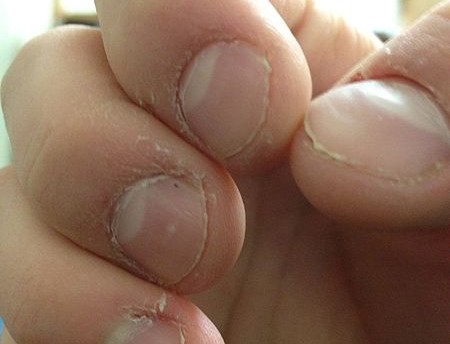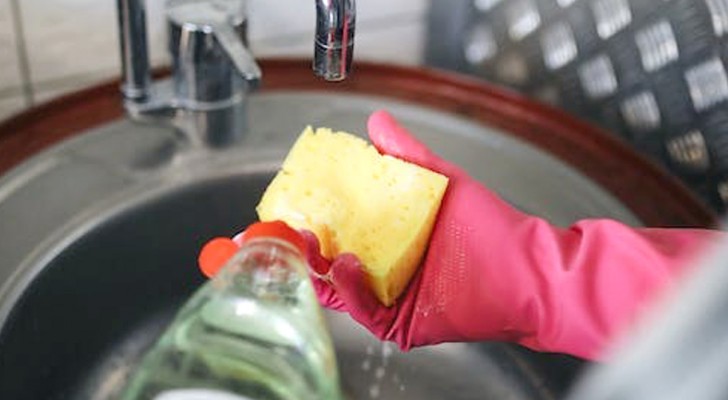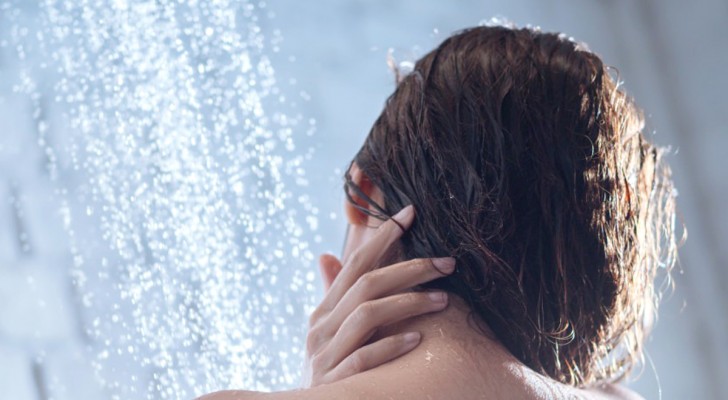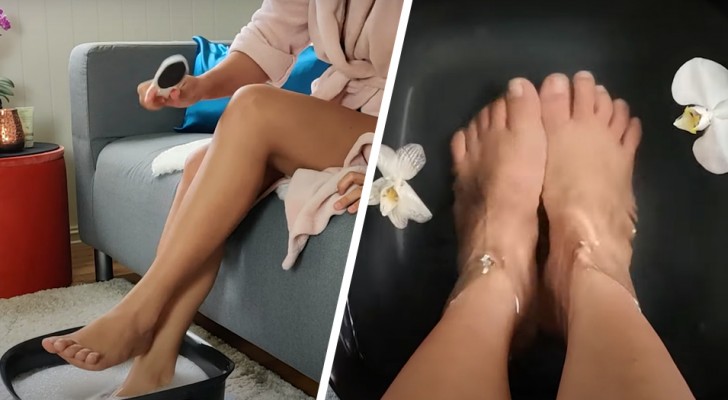Do you bite your nails? Here, according to psychologists, is what could be the reason!

Onychophagia, which is the habit of biting one's nails, is a widespread tendency, mainly linked to psychological conditions such as stress, nervousness, boredom, sadness or simply a compulsive habit.
Behind this "vice", however, could be hidden more than what one thinks.
This possibility was confirmed by a study published in the Journal of Behavior Therapy and Experimental Psychiatry and also reported in the Scientific American according to which anyone who nibbles on their fingernails is fundamentally a perfectionist.
via Journal of Behaviour Therapy

The research study is based on data collected following an experiment performed on a sample of 47 individuals (both male and female) who usually bite their nails, observing their behavior in relation to different situations.
Specifically, conditions were recreated in which the subjects examined were subjected to stress, boredom or were in a state of relaxation.

Except in the state of relaxation, in every context in which an element of anxiety, prolonged inactivity or that required a certain mental commitment was introduced, individuals displayed their tendency to resort to onychophagia (nail biting).
The conclusion is that the gesture of biting nails is a sort of defense mechanism against stress or impatience, a way that the brain has to calm itself down due to excess perfectionism.
This term, perfectionism, indicates the desire for control and the need to regulate the external reality according to one's criterion of perfection and optimization.
Not being able to intervene on something immutable, this form of energy implodes and is released through a simple and mechanical physical act which is, however, very effective in the short term.

Nevertheless, the fact of knowing that one is a perfectionist must not serve as an alibi or a justification for maintaining this bad habit, which is hard to break and is also unhealthy.
In fact, many people do not know that in addition to being an unsightly physical defect, onychophagia can cause serious infections, damage the digestive system, trigger cardiovascular disease, ruin teeth, and deform fingers.
Quitting is not easy but it is also not impossible. First of all, we need to really want to stop, secondly, we need to start to notice and control the provocations because otherwise, we will find ourselves biting our fingernails without even realizing it.
Moreover, it can be helpful to keep your hands occupied with a stress ball or other objects that can remove the temptation!





